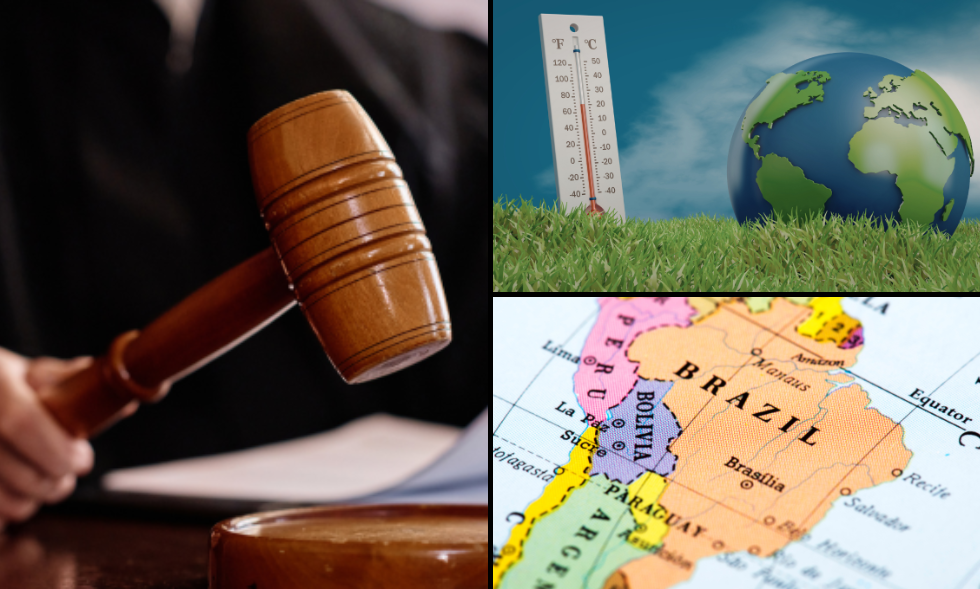The American Bird Conservancy has filed suit in federal court accusing the U.S. government of “flagrantly violating” the Freedom of Information Act by failing to appropriately respond to its FOIA requests for correspondence between the federal government and wind power companies. The Conservancy is seeking information about bird populations potentially impacted by proposed wind energy projects, as well as bird deaths documented at wind energy facilities.
Illusory Transparency
“It’s ridiculous that Americans have to sue in order to find out what their government is saying to wind companies about our wildlife—a public trust,” said Kelly Fuller, the wind campaign manager for the Conservancy. “The American Bird Conservancy is concerned that many of these projects have the potential to take a devastating toll on songbirds, majestic eagles, and threatened and endangered species.”
In his first month in office, President Barack Obama issued a memorandum to all federal agencies concerning the proper application of the Freedom of Information Act, stating “a democracy requires accountability, and accountability requires transparency.” Obama told agency heads that FOIA “should be administered with a clear presumption: In the face of doubt, openness prevails.”
Wind Power’s Deadly Toll
According to U.S. Fish and Wildlife Service (FWS), approximately 440,000 birds were killed by wind turbines in 2009. Conservationists say the actual number of bird deaths is likely much higher, as Fish and Wildlife bases its estimates on carcasses actually discovered in the vicinity of wind turbines, yet many more birds likely fly away after being wounded and die outside the vicinity of the wind turbine. Others are likely scavenged by other animals before they can be discovered and counted.
In addition, the number of wind energy facilities has experienced significant growth since 2009, so the current number of bird deaths is likely higher for that reason, as well.
Feds Refuse to Cooperate
In May of this year the Conservancy and 60 other organizations asked committees in the U.S. House and Senate for Congressional oversight of the U.S. Fish and Wildlife Service’s (FWS) implementation of new voluntary guidelines for avoiding, minimizing, and mitigating the impacts of wind energy on wildlife. In a March letter rejecting the Conservancy’s call for mandatory standards, FWS Director Daniel Ashe asserted FWS was being “meticulously transparent” in how it is addressing the impact of wind energy on wildlife and asked the Conservancy for their assistance in assessing the effectiveness of the voluntary guidelines.
However, Fuller said, “Stonewalling FOIA requests is hardly ‘transparency,’ and without timely access to the crucial information held by the Service, evaluating the effectiveness of the guidelines will be impossible.”
Lisa Linowes, executive director of the Industrial Wind Action (IWA) group, says politics and special interests are playing a greater role than environmental stewardship and wildlife protection.
“There is no question that decisions involving siting of wind turbines in sensitive areas have been compromised by politics,” Linowes said. “Scientists at FWS are under pressure not to rock the boat.”
Deadlines Ignored
ABC’s complaint alleges FWS and the Bureau of Indian Affairs (BIA) are failing to comply with statutory deadlines for disclosure of information related to projects in 10 states. Upon receiving a FOIA request, an agency has 20 working days to respond. Although the agency may grant itself an extension of 10 additional days in “unusual circumstances,” FOIA does not permit the government to delay a response indefinitely.
The Conservancy has six outstanding FOIA requests—all more than eight months old—for correspondence related to projects in Arizona, California, Florida, Minnesota, Nebraska, Nevada, New Mexico, North Dakota, South Dakota, and Texas.
FOIA requests regarding the Cape Wind offshore wind farm in Nantucket Sound “revealed that Federal Aviation Administration (FAA) employees were hesitant to raise objections to the project despite known risks to navigational radar,” said Linowes. “If federal employees are afraid to raise concerns involving the safety of air travelers near wind turbines, there is no reason to expect more from our wildlife agencies. It’s reasonable to assume FWS does not want to be caught in the same way the FAA was.”
Brian Fojtik ([email protected]) is president of Brownstone Communications.



